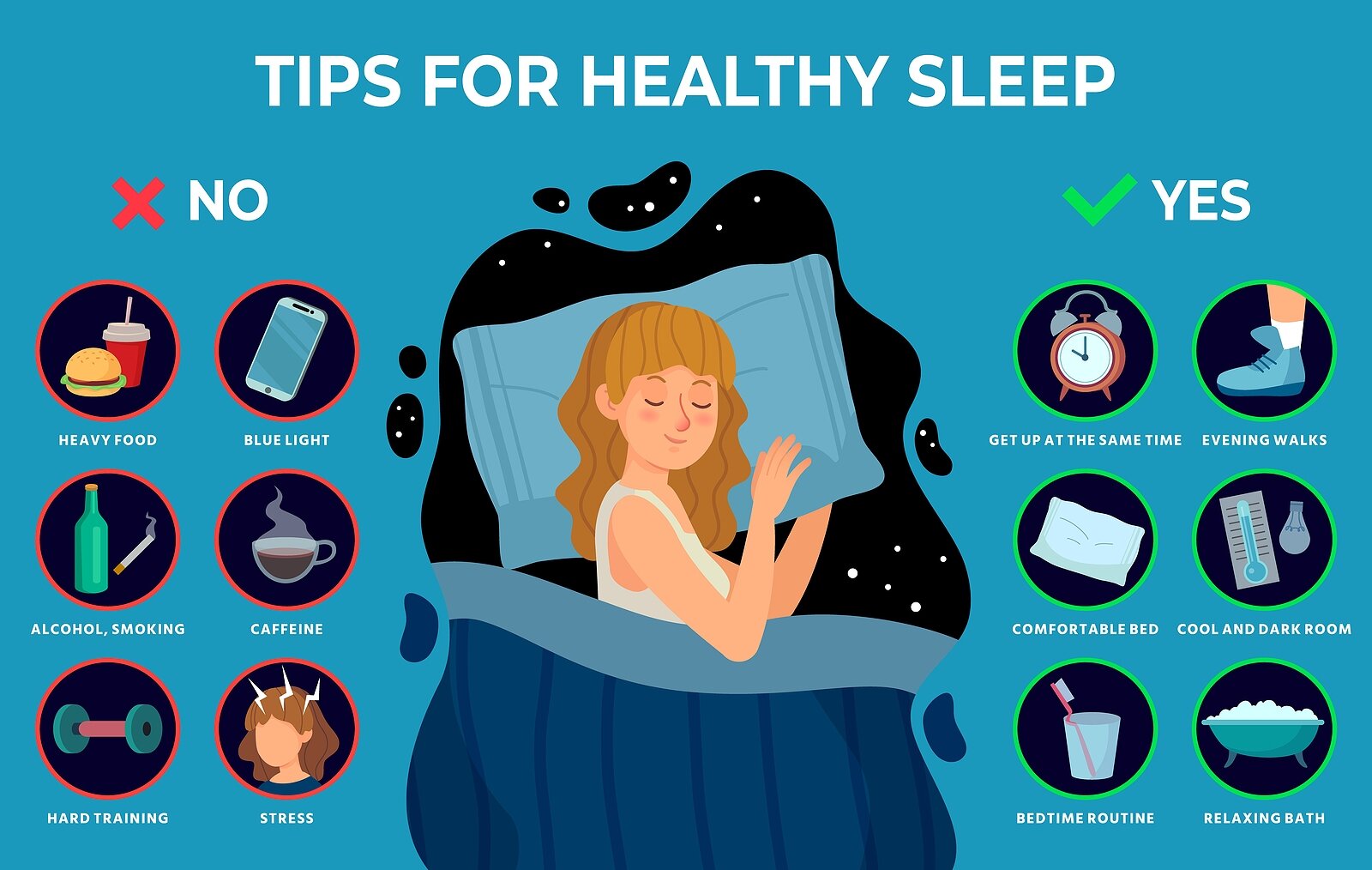College Students & COVID-19: Tips for Your Mental Health and When to Reach Out for Help
Mental health feels more important now than it ever has, with COVID-19 really pushing it to light to be more commonly talked about. Many college students have seen a decline in their mental health since spring of 2020. Though there are many different factors and every person is different, a majority of declining mental health can be attributed to having to leave college, experiencing loss of events and little in person contact with family and friends. Luckily, there are many things students can practice at home in order to treat their mental health correctly.
Create a healthy eating and sleep routine
A good place to start is by eating proper meals everyday. While this may feel difficult at first, it gets you into a great routine and will boost your energy, mind and body. Obviously allow yourself some treats, but also try to maintain a good balance of fruits and vegetables. Another tip that goes hand in hand with proper eating is getting an adequate amount of sleep. A regular sleep routine will keep your body on track, which again, aligns with your mind and your mental health. While it may feel difficult, try to avoid playing on your phone right before bed, because it is so stimulating, making it hard to get proper sleep. A good sleep schedule can boost serotonin and dopamine levels which in turn lowers stress and anxiety levels.
Be active by doing something you love
Setting aside certain times in your day to be active is another great tip for your mental health. This can be as little as 30 minutes a day, but will really cleanse your mind and can boost your natural endorphins. If exercise is not typically your thing, try taking up a new hobby. This can do the same thing for your mind that being active does. You will feel like you are able to escape your life for just a short period of time everyday just by doing something you personally enjoy whether that is painting, doing a puzzle or reading a book.
Create a positive support system
In order to keep a healthy mind, surround yourself with a great support network built up with friends and family. These should be people that you would feel comfortable reaching out to when you need help or if you just want some company. Be sure to keep in regular contact with these people so you can support them as needed as well. Another tip that aligns closely with a healthy support system of people is disconnecting yourself from negative energy, people, and coping mechanisms. If you feel like your social media feed is making you feel negatively about yourself, delete it! Negativity can really decrease the state of your mental health, so it is best for you that you try to escape it.
Do what feels right for you
With all of these tips, try not to stretch yourself too thin, do what feels best for your body and your mind. When you are feeling overwhelmed, try to calm down by doing things you enjoy and attempt to cleanse your mind. If you commonly feel overwhelmed, anxious, stressed out, or just don’t know how to explain what you are feeling or why you might be feeling this way, it might be time to reach out for help. Many colleges offer mental health services to their students so that would be a great place to start looking for resources.
Get in touch with a therapist
It’s important to realize is that it is okay to not be okay. Historically, mental health has carried some negative stigma. However, times are changing and as a society we are learning that knowing when to ask for help is, in fact, a sign of strength. It is okay to see a therapist. It is okay to feel the need to talk to an outside source from your own personal network. However, the truth is that many of the most successful people out there credit therapy and mental health support for getting them where they are today.
It’s been a rough year. And it’s ok if you’re looking for some extra support. If you’re ready to take that next step, we’re here to help.
Counseling for College Students in Missouri
You don’t have to keep struggling with loneliness, anxiety, confusion and difficulty navigating relationships (with parents, friends, significant others, bosses, etc) in the midst of a pandemic alone. Therapy can help. At Aspire Counseling, our therapists offer counseling for college students in Missouri. Whether you want to come to our counseling office or meet on our secure online therapy platform, we’re here to help.
To begin moving toward feeling more like yourself, just follow these simple steps:
Reach out to Aspire Counseling
Have a free consultation with one of our therapists
Begin processing your stress, learning new skills & finding yourself



